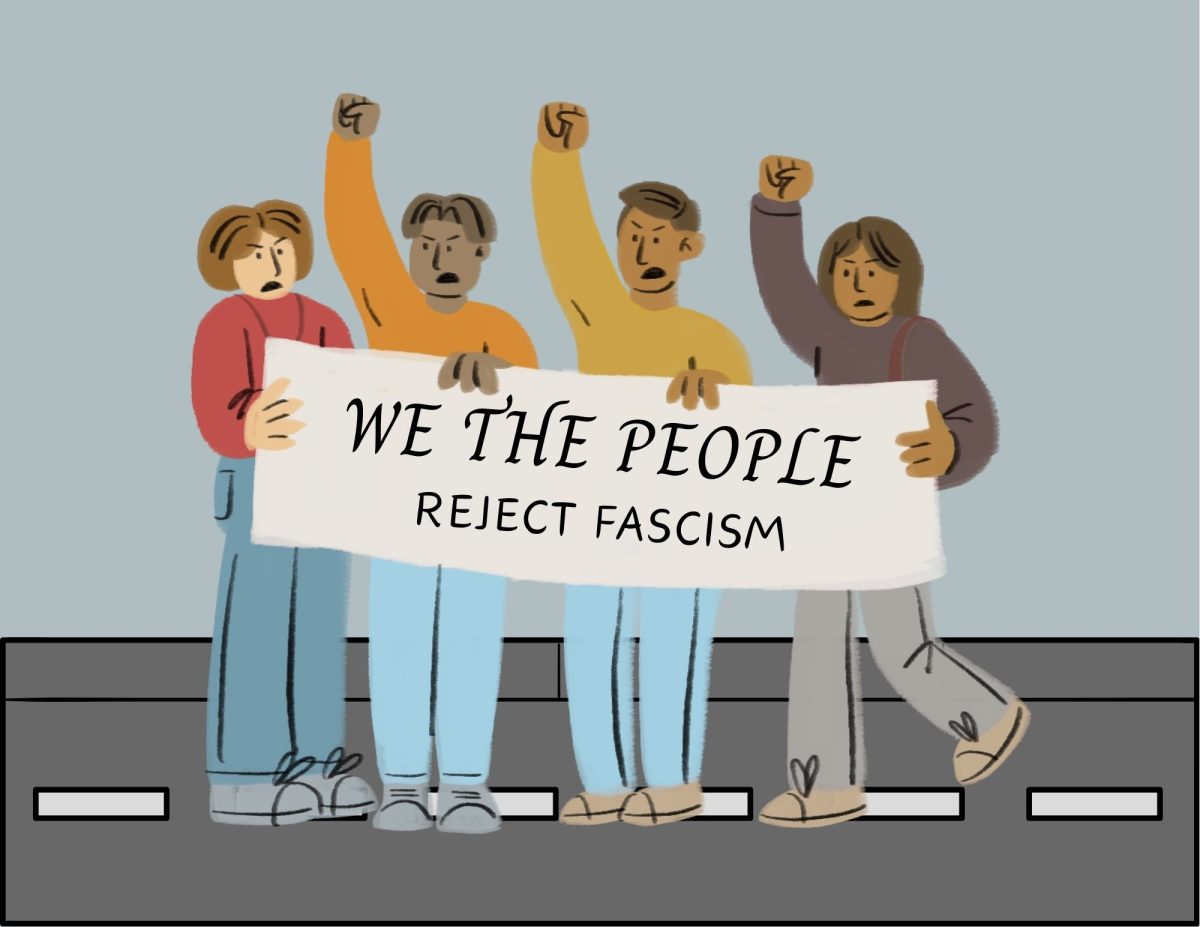Libya, Egypt and the U.S. fighting over petroleum
Troubles in Libya continue to unravel, but what does that mean for us, the United States and how are we involved?
In mid January the first sign of governmental change began in North Africa.
A revolt in Tunisia took place because of a lack of employment and an increase in the price of food.
Mohsen Bouterfif, a civilian, killed himself because he was unable to find a job or a place to stay.
Shortly after, around a 100 young men began to protest, which motivated the rest of the country to protest as well.
The majority of the uprising occurring in North Africa is by the youth.
This is especially true for young men who want a change in their government and more opportunities for a better life.
When Adison Adams, a sophomore biology major from Denton, Texas, heard about what was occurring in Egypt, she was surpised.
“What I find most fascinating about the revolt in Egypt is the ingenuity and desire shown by the Egyptian people, particularly in the case of birth of the revolution via Facebook,” Adams said.
Now Libya is undergoing political change that is also catching the attention of the entire world.
Mummar Gaddafi, the president of Libya for the last 42 years has used violence on protesters who are in favor of him stepping down.
The U.S. has yet to get heavily involved except to aid Americans who are stuck in the violence in Libya by helping evacuate them as soon as possible.
“I think our armed forces have other things to attend to. As does the US government especially in regard to our current economic and environmental status,” says Adams.
Despite the U.S. choice to not get heavily in the mix of what’s occurring in North Africa, the government upheaval in North Africa will definitely affect us.
As of now oil prices are $97 per barrel; they could increase as much as $100 or more a barrel leading in to the summer if the troubles in Libya continue.
The last time we saw a large increase in oil was in October of 2008 when barrels of oil reached a high of $150.
Already, just last week in London, oil reached to $111 from crude off the North Sea.
Political Science professor Kevin Unter finds the most important issue students need to consider is not just the rise in oil prices but an increase in prices of other commodities.
“We’re already starting to see spikes in gas prices here in Monroe. But there’s more than just gas; petroleum and petroleum byproducts are used in so many things,” Unter said.
Things will continue to rise in price if things in North Africa do not change; a possibility about which the country is nervous.




